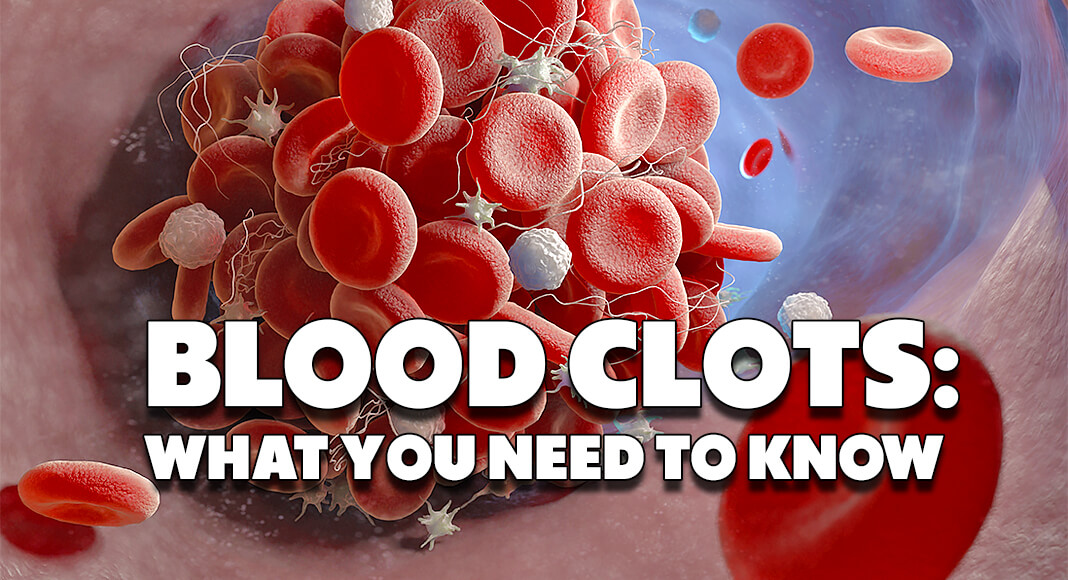
Mega Doctor News
Anyone can be affected by a blood clot regardless of age, gender, or race. This Blood Clot Awareness Month, learn the signs and symptoms of a blood clot and find free resources to share with friends, family, and colleagues to help raise awareness about blood clots.
What is a blood clot?
A deep vein thrombosis (DVT) is when a blood clot forms in one of the large veins, usually in the lower leg, thigh, pelvis, or arm. A blood clot can partially or completely block blood flow in the vein. When a DVT is left untreated, a part of the clot can break off and travel to the lungs, causing a blockage known as a pulmonary embolism (PE).
Why is it important to learn about blood clots?
In the United States, an estimated 900,000 people are affected by a blood clot every year, yet they are often underdiagnosed. Blood clots can cause serious medical conditions that can lead to illness, disability, and even death if not treated early. Blood clots can affect anyone, but certain risk factors such as pregnancy, cancer and its treatment, and hospitalization can increase a person’s risk for a blood clot. It’s important to know the signs and symptoms of a blood clot so that you know to seek medical treatment as early as possible.

Knowing the symptoms of a DVT or PE can help alert you to seek medical treatment as early as possible, although they sometimes occur with no symptoms.
More Resources
Stop the Clot, Spread the Word® Campaign Resource Toolkit
The Stop the Clot, Spread the Word campaign, a joint effort of the National Blood Clot Alliance and CDC, is a digital, multimedia public health awareness campaign. It provides general information about the risks, signs, and symptoms of blood clots and the important steps to take to prevent them.
Watch a video to learn general information about blood clots.
The campaign also includes tailored information for groups who are at greater risk for developing a blood clot:
- People who are in the hospital or recently were hospitalized
- People who are expecting or recently had a baby
- People being treated for cancer
Check out the Stop the Clot, Spread the Word® Campaign Resource Toolkit to find free, sharable resources such as
- Educational videos
- A public service announcement
- Infographics
- Downloadable print materials
- Audio news releases
- Sample social media posts for friends, family, and colleagues
E-Learning Course: Stop the Clot®: What Every Healthcare Professional Should Know
This free, self-paced, e-learning course provides healthcare providers with current information on assessing, treating, and managing patients who have blood clots and clotting disorders. Continuing education (CE) credits are available. Register and access the e-learning course here.
What You Can Do
- Share the information and resources here with friends, family, and colleagues to help increase awareness about blood clots.
- Learn more about blood clots on CDC’s blood clots web page.
- Read more real stories from other blood clot survivors.
- Follow us on Twitter at @CDC_NCBDDD for the latest news and updates.
Information Source: CDC










